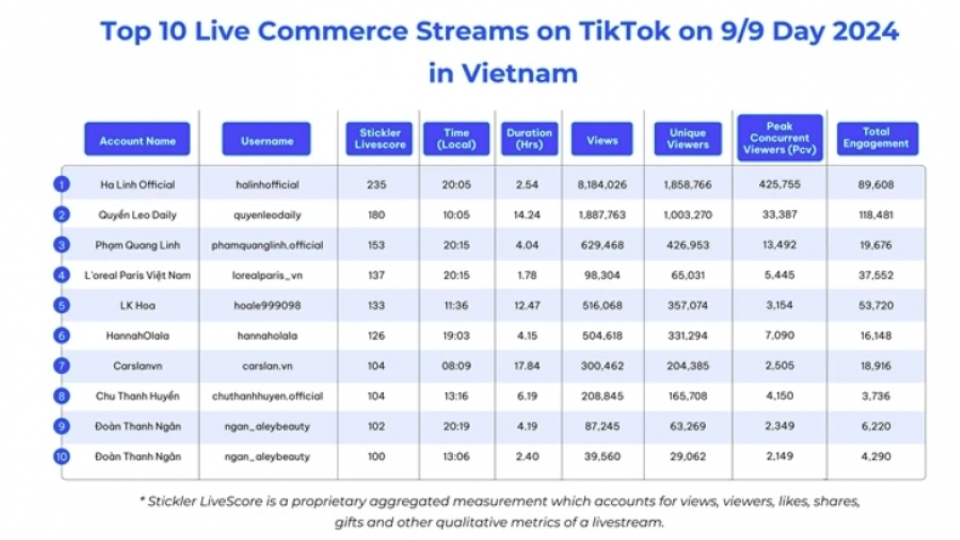E-commerce platforms must have legal representation in Vietnam
A draft version of the E-Commerce Law now requires foreign platforms operating in Vietnam to appoint a legal representative within the country, who will be held accountable in case of violations.

The Ministry of Industry and Trade is currently drafting a new E-Commerce Law, which will include stricter regulations targeting cross-border platforms.
According to the draft, any foreign platform that has actual business activities in Vietnam — such as using a .vn domain, offering a Vietnamese-language interface or conducting at least 100,000 local transactions per year — must either authorise a local representative or establish a legal entity in Vietnam. This entity will be responsible for any violations of the law.
Some businesses argue that the feasibility and fairness of this requirement should be reconsidered, especially regarding burdensome procedures like consular legalisation. They propose more flexible options, such as minimal identity verification, instead.
Shopee representatives have also suggested that cross-border platforms should be subject to the same evaluation and monitoring standards as domestic companies, to ensure a fair competitive environment and avoid unbalanced taxation across different types of businesses.
The draft law also outlines the responsibilities of various platforms, particularly intermediaries, including mandatory disclosure of product and transaction information, seller identities and data storage (including livestream footage) for a minimum of three years.
Platforms must respond to official violation notices within 24 hours of receiving them. Some businesses, including the Vietnam E-Commerce Association, recommend post-audit mechanisms instead of pre-approval to reduce burdens and allow greater flexibility.
The draft law clearly distinguishes the responsibilities of different platform types. Platforms that sell directly to consumers must disclose transaction processes, pricing, return policies and product labelling content.
Intermediary platforms must verify seller identities, review content before publication and accurately display consumer reviews. Large platforms are also required to manage the use of artificial intelligence in product recommendation systems.
A new section in the draft law introduces a green e-commerce orientation, encouraging reduced emissions and environmental protection. The Ministry will issue evaluation criteria to measure a platform’s sustainability. Businesses will be encouraged to adopt eco-friendly technologies, packaging and energy.
The State will play a leading role in the development of e-commerce, from shaping strategy and supporting enterprises to investing in infrastructure, fostering new business models and building a digital workforce.
The draft also specifies prohibited practices, such as favouring certain product listings via undisclosed algorithms, unjustified alteration or suppression of customer feedback, misleading advertising, inaccurate product descriptions and violations of data safety protocols — all of which will be subject to enforcement measures.



